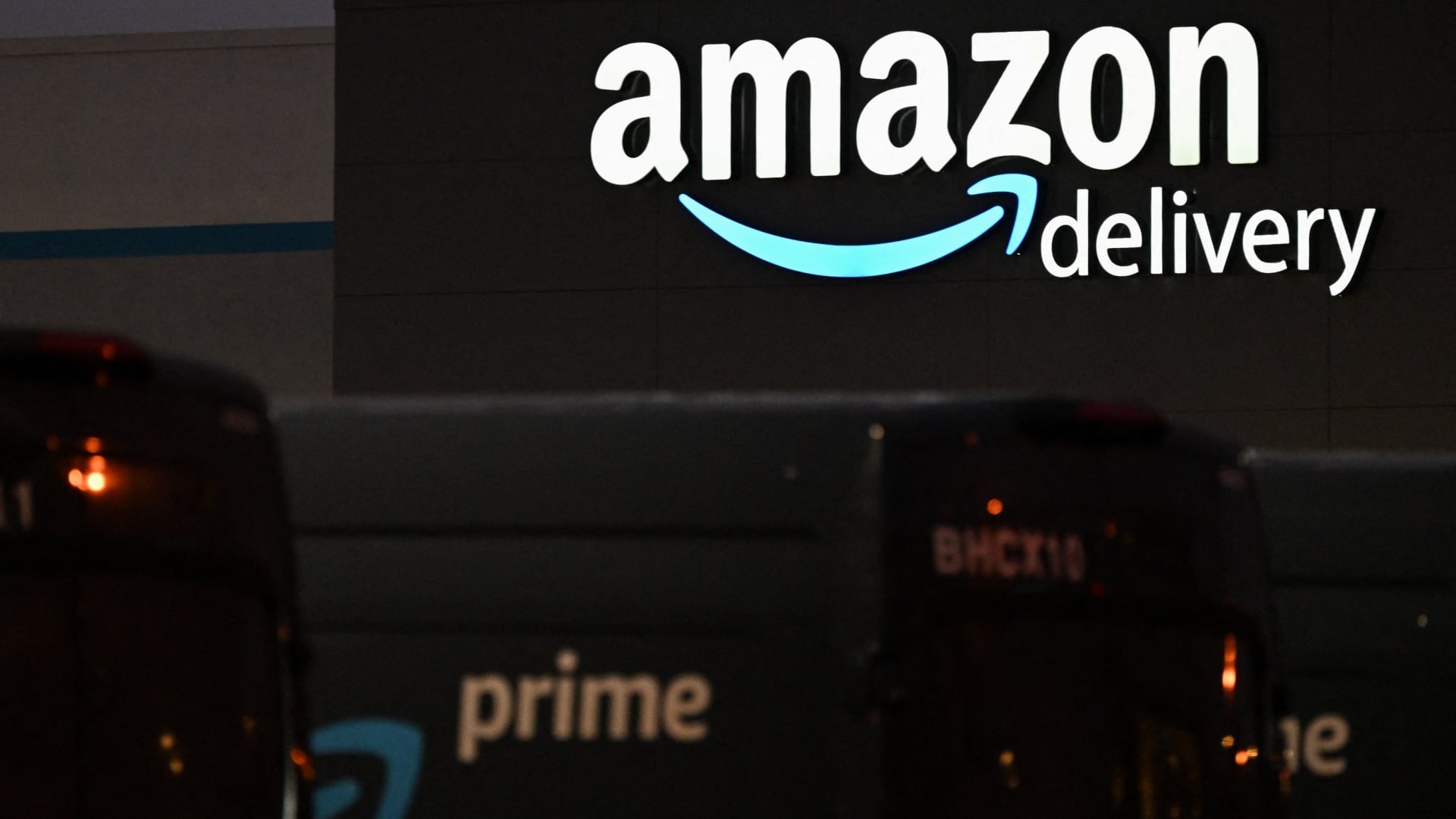Connecticut’s first adult-use cannabis dispensaries opened to the public on Tuesday, making the Constitution State the latest along the east coast to open access to cannabis to adults 21 and older.
“Certainly the folks … who braved the cold this morning to stand and wait in line are incredibly excited about the opportunity today, not only of course to purchase safe, high quality product at our retail outlet, but also the fact that you know, this is the end of prohibition here in the state,” said Darren Weiss, chief operating officer of Verano Holdings, one of the companies licensed to sell on day one. “They can now make purchases, first of all without becoming part of the medical program, and without fear.”
For now, just nine of the state’s existing medical cannabis dispensaries were greenlit to move ahead with adult-use sales including Acreage Holdings’ The Botanist dispensary in Montville, Connecticut, and Verano Holdings’ Zen Leaf dispensary in Meriden, Connecticut. By the close of 2023, as many as 40 dispensaries are expected to open across the state, according to the Associated Press.
Sales officially kicked off at 10 a.m. ET, but lines stretched around the block throughout the morning prior, according to executives on the ground at Zen Leaf. There were also food trucks offering doughnuts to chilly customers queuing outside.
“We've got food trucks here in the neighborhood parking lot. Our doughnut game was on point this morning,” Weiss and Chief Investment Officer Aaron Miles said on a call.
The Botanist provided a coffee bar outside for customers waiting to order or pickup their products and conducted giveaways of swag bags and accessories hourly, according to Kate Nelson, Acreage Holdings senior vice president of midwest and northeast regions.
Based on Acreage’s experience when New Jersey kicked off sales In June 2022, Nelson said the Botanist expected around a 150 percent increase to normal transactions, which can average about 250 to 350 patients daily.
“It's been steady all day. And, like I said, our team has a good plan, so it's running smoothly. No traffic jams,” Nelson said.
Connecticut Gov. Ned Lamont signed a bill in June 2021, legalizing possession and use of adult-use cannabis, starting that July. But it took roughly 18 months to get retail sales up and running. As of Tuesday, anyone 21 and older can purchase cannabis at one of the licensed dispensaries, although the quantities available for purchase will be limited to a quarter ounce of flower or equivalent product initially to ensure adequate supply, the Associated Press reported.
While far from trailblazers in cannabis legalization, states in the Northeastern U.S. have attracted a lot of attention among companies in cannabis. After New Jersey voters approved adult-use legalization during the 2020 election, experts predicted a “domino effect” of legalization in states along the East Coast. That’s by and large proven true with New York, Connecticut, and Maryland following suit. These states with their dense populations and locations along the ever-important Northeastern business corridor spell opportunity for operators looking to cash in on new, robust markets.
“You have Connecticut turning on, you have Maryland turning on and …starting to pick up some steam,” Verano’s Miles said. “On the East Coast, I feel like there's this power struggle that's going on right now where, you know, everyone's trying to front run the big market of New York. They want to get established, have that first mover advantage, and really get their programs up and running.”
Whatever these states may lose from not being first movers on cannabis, they gain from building on the experience of other states. New York regulators, for example, have emphasized their work to ensure the market has equity and inclusion at its core — something markets like Illinois have struggled with. New York narrowly beat a deadline regulators set for legal sales, by opening its first, licensed retail location before the close of 2022.












